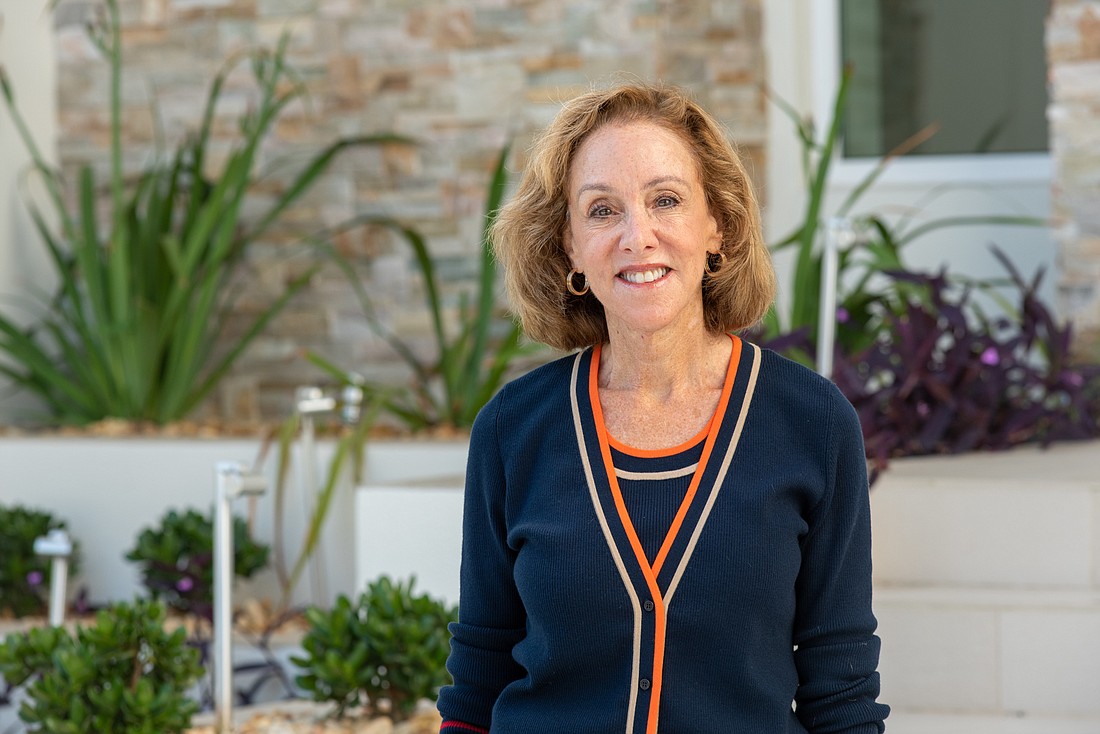- December 15, 2025
-
-
Loading

Loading

Lots of people talk about the need for affordable housing. North Port-based GulfStar Homes is doing something about it.
GulfStar builds affordable houses on scattered lots in North Port, the southern edge of Sarasota County. Homes are priced at $219,900 for a 1,437-square-foot house and $239,900 for a 1,670-square-foot house. The company has a clear strategy, eschewing the opportunity to drive up prices through add-on features. Instead, GulfStar sells its homes for a fixed price. The homebuilder also takes a page out of the manufacturing playbook, using the concept of continuous improvement to build homes faster and better.